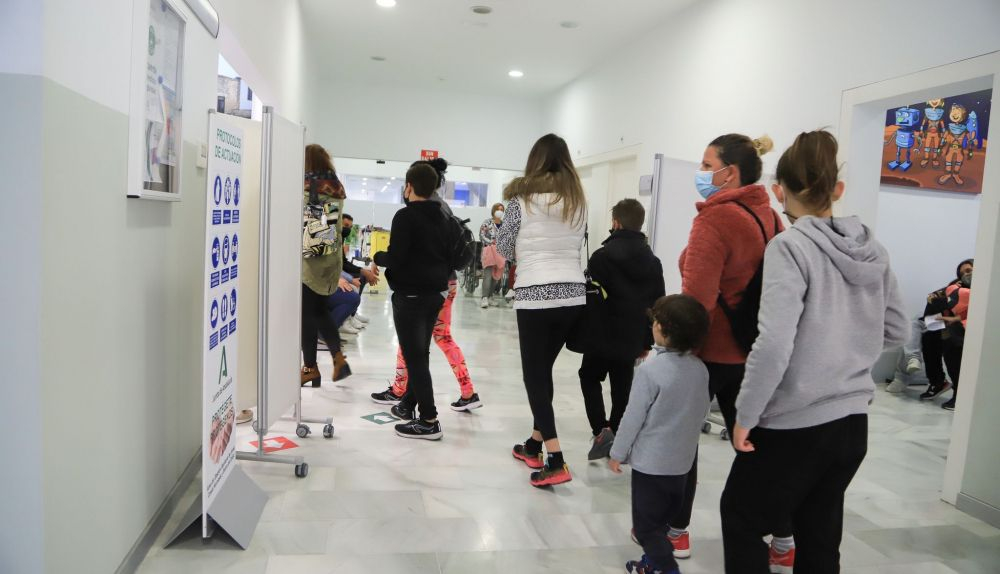Last minute of whooping cough in children in Andalusia after outbreak in Castilla-La Mancha

Since last summer, a resurgence of whooping cough in Spain has led to hundreds of cases in various autonomous communities and several dozen hospitalizations among minors. The latest outbreak confirmed by the General Directorate of Public Health of Castile-La Mancha occurred in Guadalajara and affected 124 schoolchildren.
However, Spain’s most populous community, Andalusia, has not recorded a single case to date. Additionally, the average vaccination rate is above the national average. The Ministry of Health and Consumer Affairs of the Government of Andalusia has emphasized that more than 94% of Andalusian children under six years of age (specifically 94.1% compared to 90.7% of national coverage) are vaccinated against whooping cough (Tdpa, which immunizes against whooping cough, diphtheria and tetanus).
The coverage of pregnant women with vaccination against whooping cough is 88.8% (74% in the country). In fact, health authorities insist on the importance of vaccination as a key strategy to protect against this type of disease, as well as following the instructions provided by Public Health for those affected and their contacts. Experts have confirmed an increase in whooping cough cases since the Covid-19 pandemic, both in Spain and abroad.
This poses a serious threat to the lives of infants if they are not vaccinated.
Whooping cough is an infectious disease caused by bacteria that are highly contagious through the respiratory tract. Bordetella pertussis, which poses a serious threat to the lives of infants if they are not vaccinated. The infection can be serious in unvaccinated infants, immunocompromised infants, and pregnant women. It is transmitted through direct contact with respiratory secretions or through droplets of saliva.
Symptoms develop in two phases. The first, which usually lasts one or two weeks, is easily confused with a cold or other respiratory infections because it causes nasal congestion, low fever and an occasional mild cough. Starting in the second week, the most severe symptoms may appear, especially rapid, severe and uncontrollable coughing attacks.